ECU Integrated Coastal Programs (ICP) is pleased to announce five student scholar awards for the 2024-2025 academic year.
Elnaz Pezeshki received the Anja Sjostrom Memorial Scholarship in Coastal Studies, an award that was established in January 2022 after the untimely death of Integrated Coastal Sciences (ICS) Ph.D. student Anja Sjostrom. The purpose of the fund is to provide scholarship support to students enrolled in the ICS Ph.D. program at ECU with research focused in coastal science fields, with a preference given to students interested in spending time at ECU’s Outer Banks Campus.
Jillian Eller, Megan Geesin, Cambria Miller, and Madeline Roth each received the Mary Ferebee Howard Scholarship in Marine Studies. This scholarship is awarded to a full-time ECU graduate student focused on coastal and marine sciences. Recipients must show potential in the marine science field, involvement in extracurricular activities, evidence of good citizenship, and community involvement.
“Graduate scholarships are essential to the success of our college, providing financial support to students as they pursue advanced research and develop solutions to today’s most pressing challenges. Our scholarship recipients are not only academically accomplished but also deeply committed to impactful research in fields like coastal resilience, renewable energy, and ecosystem health,” shares Dr. Reide Corbett, Dean of ECU Integrated Coastal Programs. “These scholarships empower them to focus on their work, which strengthens our ECU’s contribution to regional and global transformation. By investing in graduate scholarships, we are investing in future leaders whose research will drive innovation and create lasting change.”
About the Recipients
Jillian Eller
Jillian is a third-year ICS Ph.D. student working with Drs. Linda D’Anna and Lindsay Dubbs to conduct stakeholder engagement for the Atlantic Marine Energy Center (AMEC), a consortium of which CSI is a founding member. Their research explores equitable and just stakeholder involvement in marine spatial planning and the role of experiential knowledge in decision-making. Specifically, they seek to understand:
- How marine energy stakeholders are recognized
- The relationship between participation in decision-making and fair access to resources
- The connection between the use of local ecological knowledge in marine spatial planning and the influence on decision-making
As a result of studying these complex topics, Eller hopes to create a just and equitable framework for marine energy stakeholder engagement.
The scholarship “provides the support necessary to engage coastal communities in research and participate in professional development opportunities in my domain,” Jillian shares. “Being a scholarship recipient means that my research and commitment to the field of marine studies is acknowledged far beyond a grade or academic review… I deeply appreciate the generosity afforded to me as a scholarship recipient and thank the sponsors of this award.”
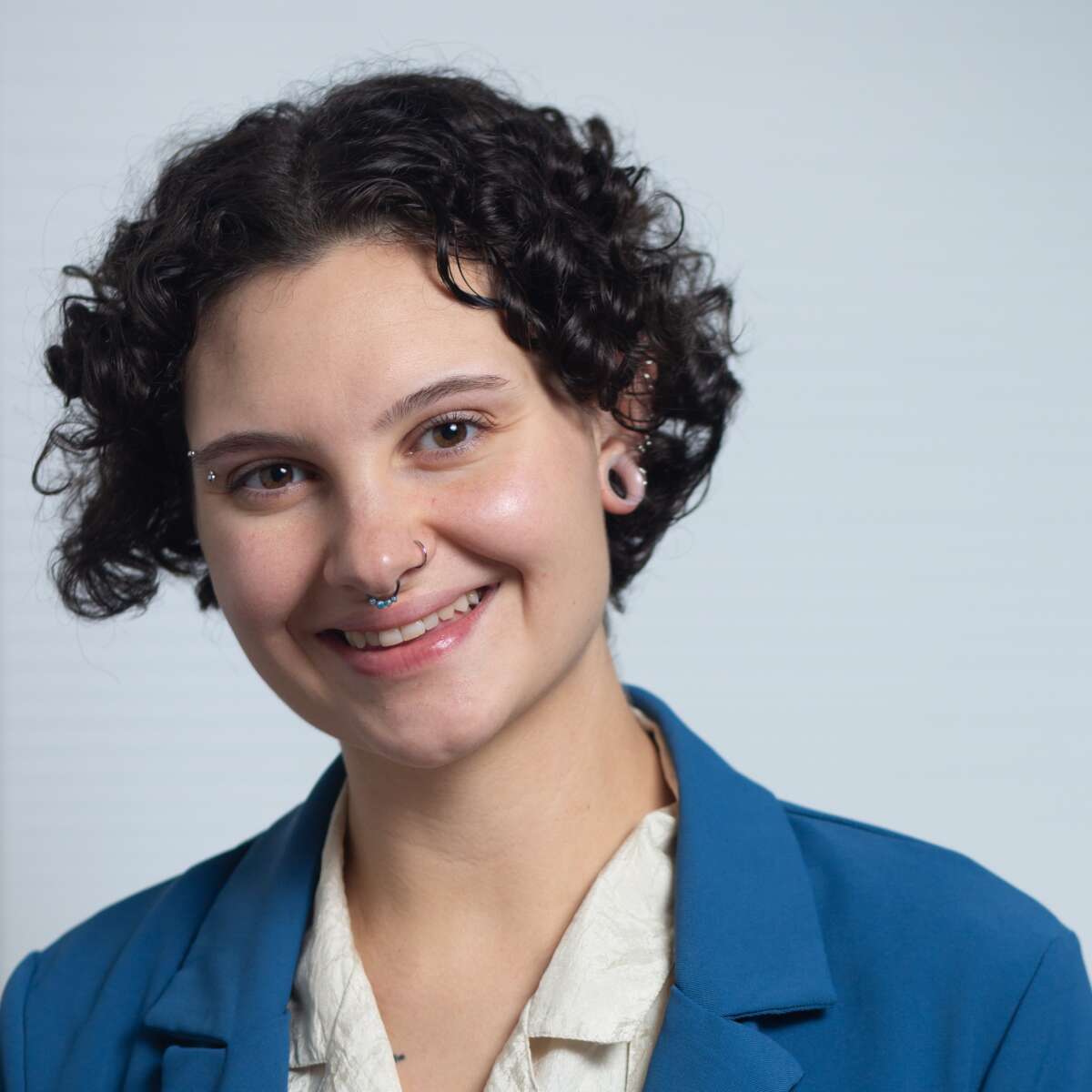
Megan Geesin
Megan is a fourth-year ICS Ph.D. student whose prior experiences working in an aquatic entomology lab and studying marsh restoration and living shorelines fostered her passions for aquatic biology and coastal ecology. Her current research focuses on comparing different living shoreline structures in their ability to recruit oysters, create habitat for fauna, reduce shoreline erosion, and protect marshes. She also studies the impacts of living shorelines on surrounding habitats, as well as how NC waterfront property owners conceptualize change along their shoreline to understand what factors they perceive are causing impacts to their property. Megan’s work will help inform outreach related to erosion mitigation, such as living shorelines, to improve public perceptions of nature-based solutions.
“It is an honor to receive the Mary Ferebee Howard scholarship in Marine Sciences which will help support my research and assist with conference travel expenses. This scholarship will play a pivotal role in supporting my academic endeavors and future aspirations to continue researching coastal systems,” she says.
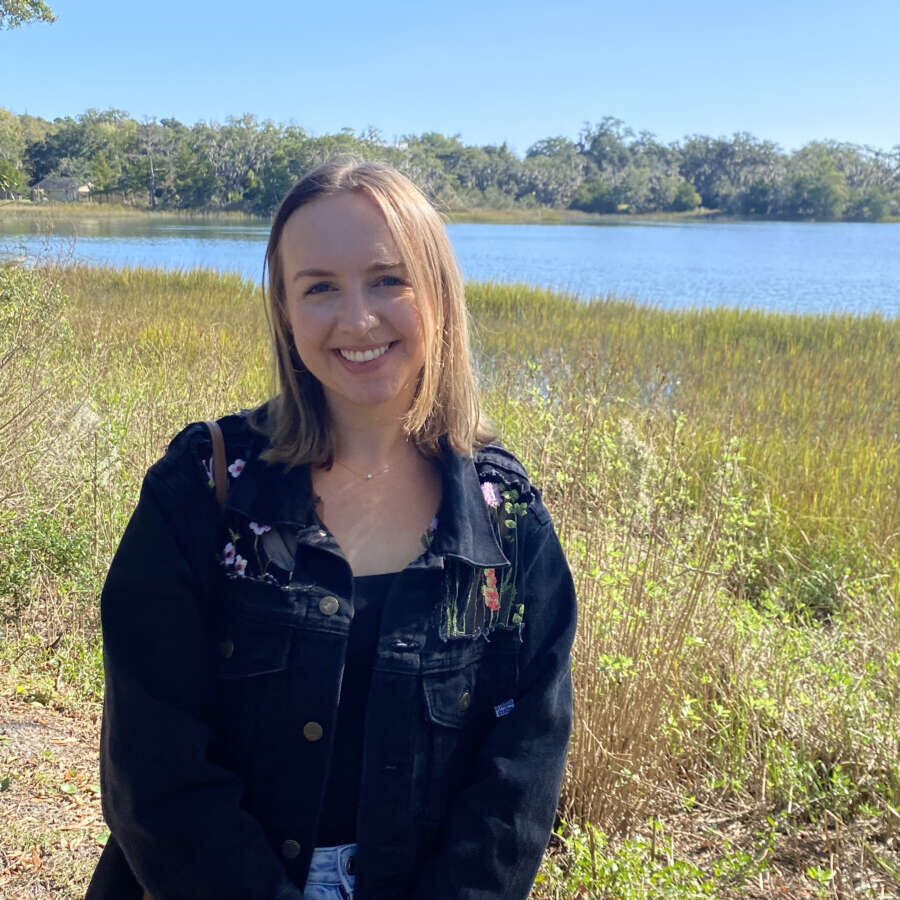
Cambria Miller
Cambria has an extensive background in fisheries ecology, as well as outreach and education. She is currently a biology masters student focusing on the trophic impacts of the blue catfish in the Albemarle Sound. Though first introduced to enhance recreational fishing, their tolerance for high salinity has allowed them to invade coastal plains and subsequently impact native species such as striped bass, blue crab, southern flounder, Atlantic sturgeon, river herring, and more. Cambria collects blue catfish for her study by gillnetting, and then conducts stomach content analysis to understand what the fish feed on. She also analyzes historic survey data to examine their distribution over time along with other trends. Her work is crucial for informing future management strategies to mitigate the negative impacts of this invasive species and protect the biodiversity of the Albemarle Sound.
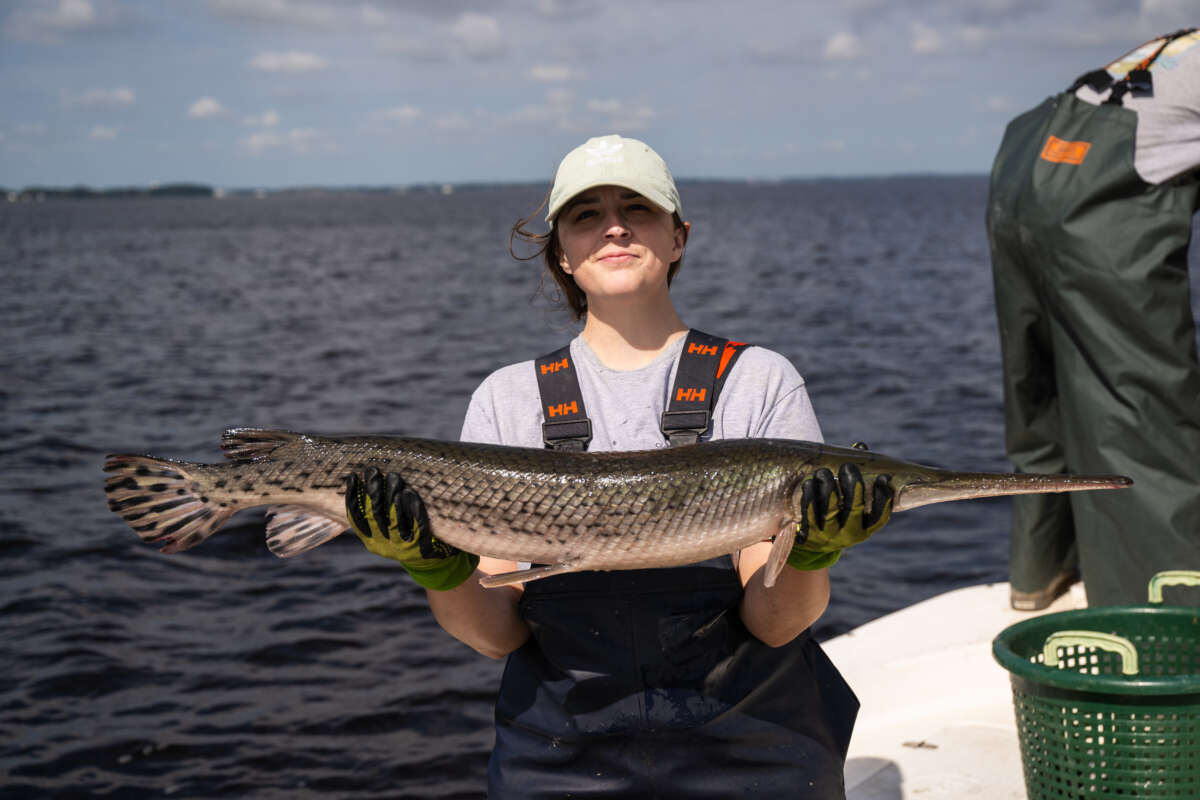
In addition to relieving some of the financial pressures she faces as a graduate student and therefore allowing her to focus on research, Cambria believes receiving the scholarship “reaffirms [her] commitment to advancing our understanding of marine ecosystems and using science to inform effective management practices that protect and preserve vulnerable estuarine habitats.”
“The Albemarle Sound provides many cultural, economic, and ecological services to the surrounding communities, many of which are deeply dependent on its health. It is vital that we manage these resources for long-term sustainability,” she states.
Elnaz Pezeshki
Elnaz previously studied Civil Engineering, specializing in Water Resources Engineering and Management. Driven to understand the broader effects of climate change in coastal environments, she enrolled in the ICS Ph.D. program in 2019. Her current research explores the dual impacts of climate change on surface and groundwater systems, specifically focusing on the facets of saltwater intrusion, subsurface salt transport, and soil salinization. A goal of her work is to help develop innovative solutions to protect coastal agriculture and ensure sustainable resource management for future generations.
Elnaz, who was a classmate of Anja’s and is the sole recipient of this year’s scholarship in memory of her, shares:
“Anja’s vibrant spirit and warm nature left an indelible mark on me when I joined the ICS Program in 2019. Her unwavering passion for coastal science was both inspiring and contagious, lighting the way for so many of us. Receiving this scholarship in her memory is a profound honor, and it deepens my commitment to addressing the pressing challenges facing our coastal environments. Through my research, I aim to carry forward Anja’s legacy by fostering meaningful collaborations and advancing solutions for sustainable coastal resource management. I hope my work embodies her dedication and continues to inspire others to support and engage in the vital field of coastal studies.”
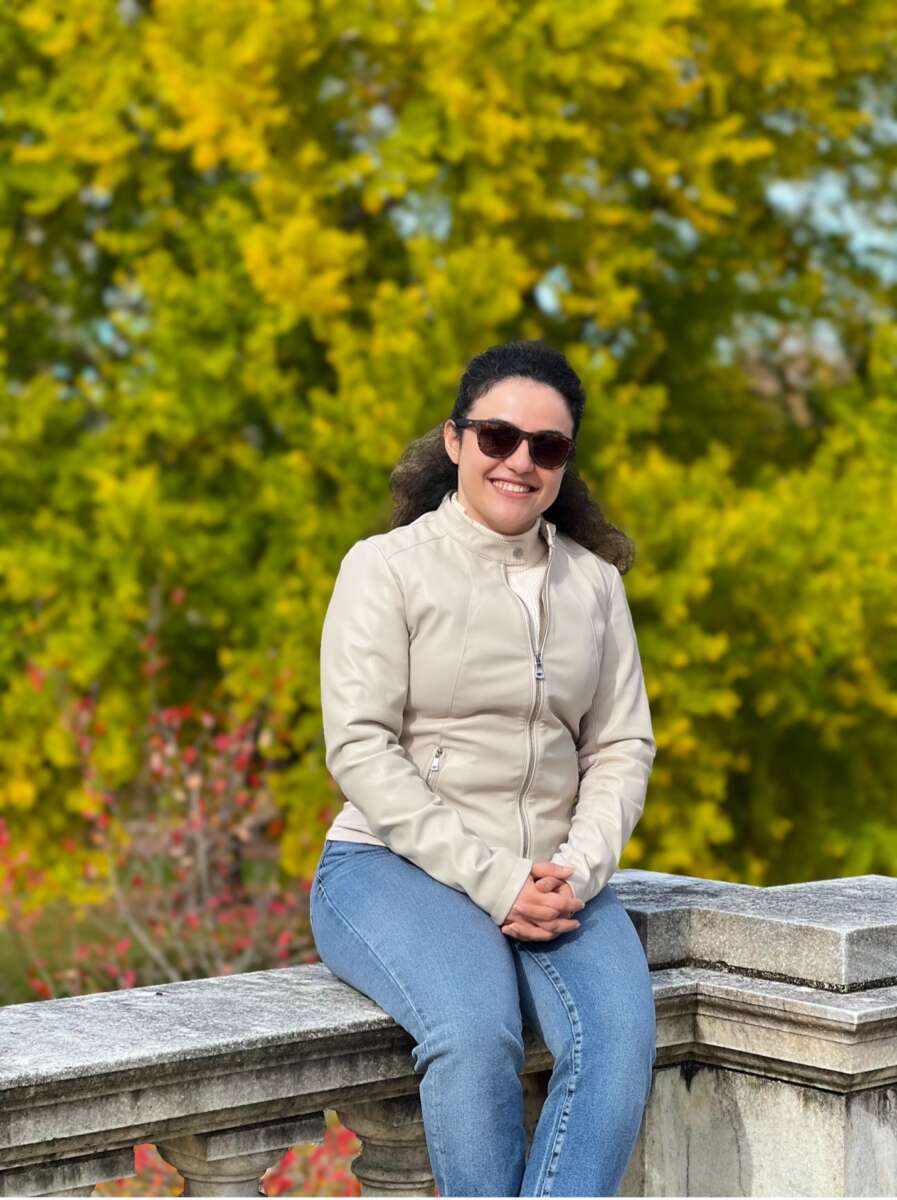
Madeline Roth
After receiving an M.A. in 2018 through ECU’s Maritime Studies Program, Madeline was a fellow at the Department of Defense POW/MIA Accounting Agency and then served as a contracted underwater archeologist for NOAA’s National Marine Sanctuaries. She is now back at ECU and is a second-year ICS Ph.D. student.
Madeline’s research addresses federal management frameworks for heritage resource preservation. To ensure that Federal processes recognize and uphold cultural values, she, under the guidance of Dr. Jen McKinnon, is developing a participatory inventory methodology that identifies a broader range of historic properties through community geospatial mapping. Her research takes place in the Commonwealth of the Northern Mariana Islands (CNMI) and Guam in collaboration with (and support of) Indigenous communities who are the traditional stewards of the region’s land, sea, and sky. The final product of their efforts will include culturally-grounded guidelines for engaging communities in Federal processes and an inventory system that includes both tangible and intangible heritage resources.
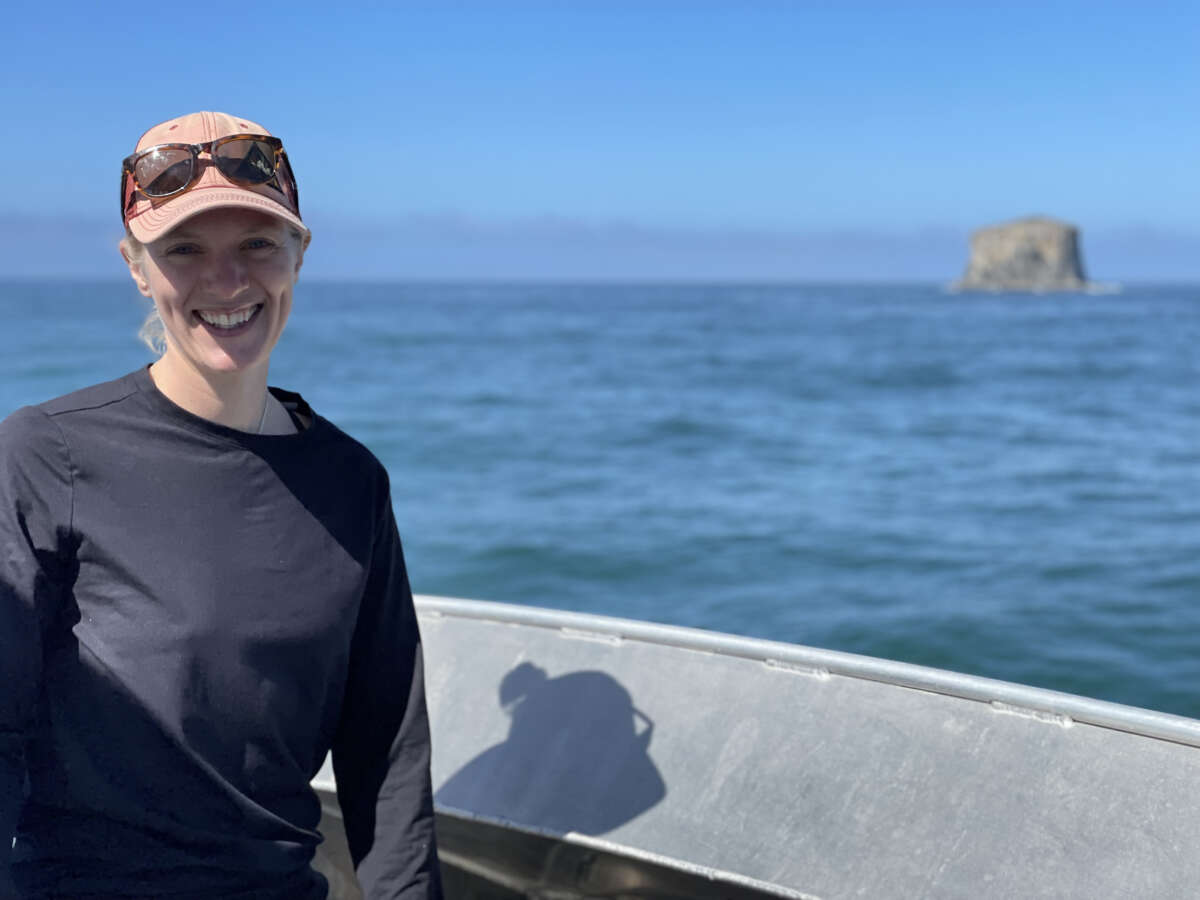
When asked what receiving the scholarship meant to her, Madeline replied, “I’m truly honored to receive the Mary Ferebee Howard Scholarship in Marine Studies. In learning about Ms. Howard’s life and service, I am moved by both her love of community and spirit for exploration; I also feel a kinship given my research area and her experiences serving in the Pacific during World War II. My career has been inspired by women such as Ms. Howard who are both motivated to truly experience the world and then inspired to make their corner of it a better place for all. I sincerely hope that I can further Ms. Howard’s legacy through the research I am conducting as a student in the ICS Program.”
The scholarships provided each year are funded by generous donors. ICP is appreciative of the support it receives from ECU Advancement to help make valuable, worthwhile connections with donors who support the work and mission of ICP. In turn, ICP is proud to support the hard-working students who have made it their goal to study and contribute to marine and coastal environments in their backyard and around the world.

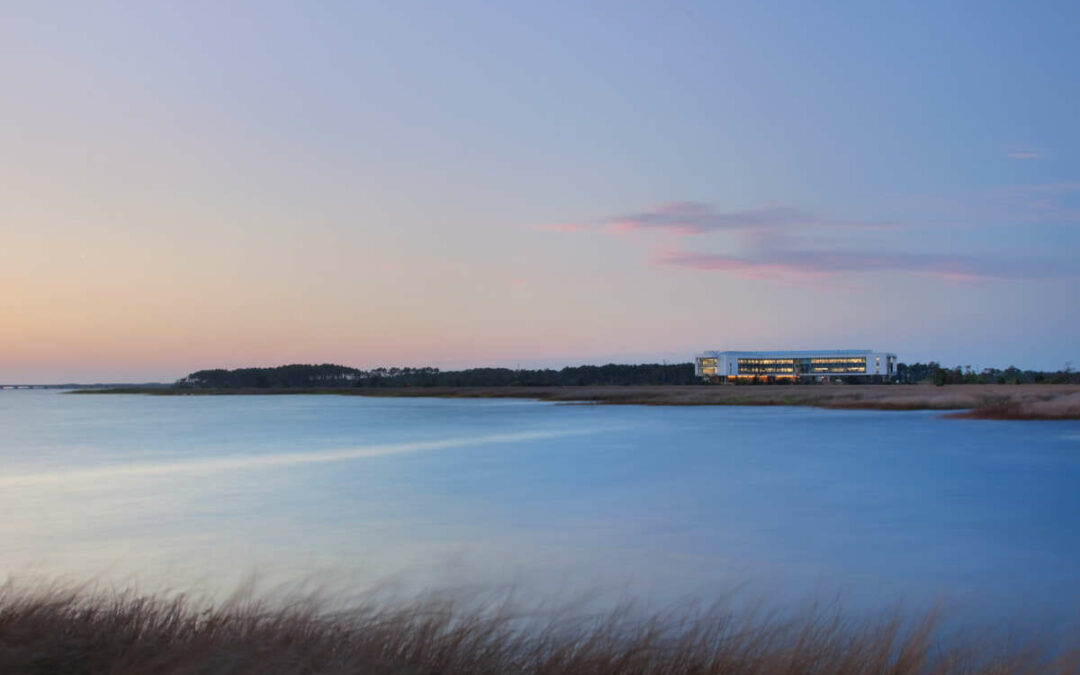

 Based at the Coastal Studies Institute (CSI), the North Carolina Renewable Ocean Energy Program (NCROEP) advances inter-disciplinary marine energy solutions across UNC System partner colleges of engineering at NC State University, UNC Charlotte, and NC A&T University. Click on the links below for more information.
Based at the Coastal Studies Institute (CSI), the North Carolina Renewable Ocean Energy Program (NCROEP) advances inter-disciplinary marine energy solutions across UNC System partner colleges of engineering at NC State University, UNC Charlotte, and NC A&T University. Click on the links below for more information. ECU's Integrated Coastal Programs (ECU ICP) is a leader in coastal and marine research, education, and engagement. ECU ICP includes the Coastal Studies Institute, ECU's Department of Coastal Studies, and ECU Diving and Water Safety.
ECU's Integrated Coastal Programs (ECU ICP) is a leader in coastal and marine research, education, and engagement. ECU ICP includes the Coastal Studies Institute, ECU's Department of Coastal Studies, and ECU Diving and Water Safety. The ECU Outer Banks campus is home to the Coastal Studies Institute.
The ECU Outer Banks campus is home to the Coastal Studies Institute.

